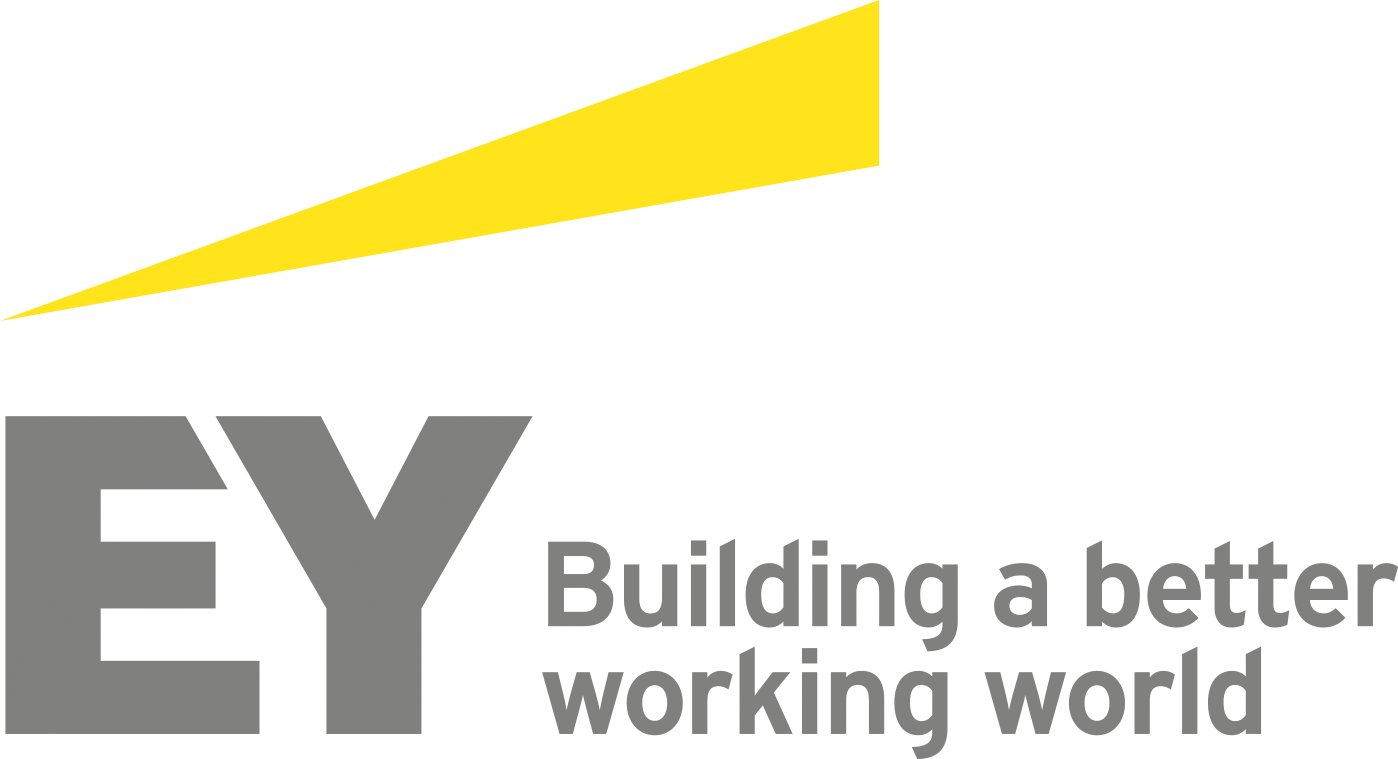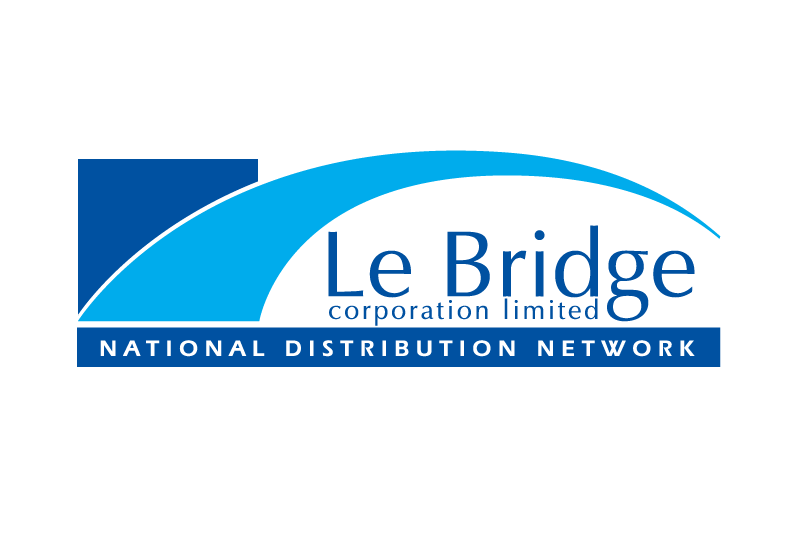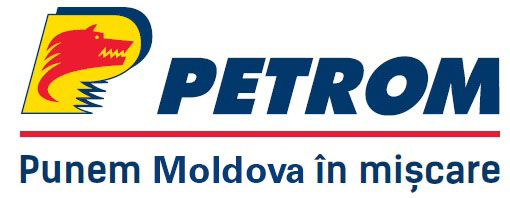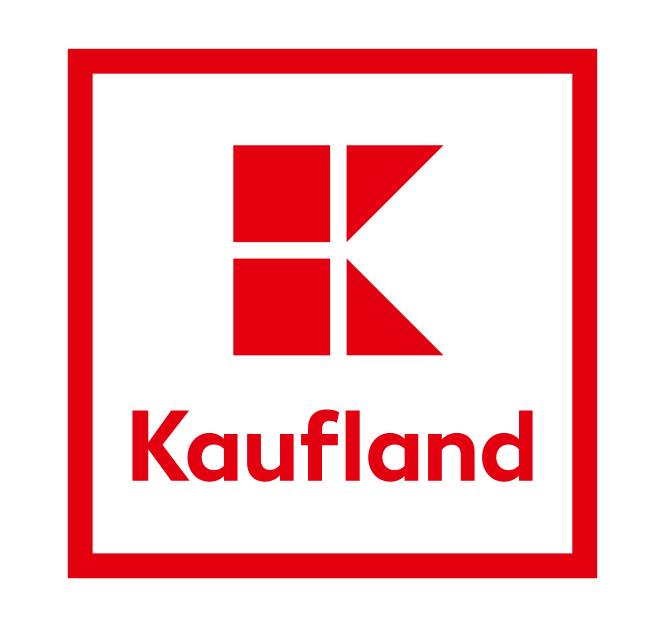
“Logos Press” interview with Alexander Koss, Chairman of the Foreign Investors Association (FIA) and Speaker of Sudzucker Moldova’s Board.
Foreign Investors Association (FIA) is an organization of the largest 16 foreign-capital companies present in Moldova. Employing a total of more than 10,000 workers, FIA member companies have invested an overall 800 million euros into our economy.
“LP”: – Many associate the name of Sudzucker Moldova’s Board Speaker with an important role in FIA’s activity. And now you are the formal leader of the organization. What will this change in FIA’s work?
Indeed, Sudzucker Moldova has been with FIA from its origins: our company co-founded the Association, and this wasn’t easy to accomplish for reasons both subjective and objective. Initailly, we faced a lack of understanding, if not resistance from the government institutions. However, eventually even skeptics and critics had to agree that the effect of a constructive dialogue between government officials and the managers of foreign-capital companies to enhance business climate in Moldova could be very positive. You see, FIA member companies have recruited and brought up the most qualified specialists in all the main areas of business: production, communications, hospitality, IT, marketing, finance, audit, you name it. Obviously, this potential can and should be used by the government in creating framework conditions for stimulating business development. In fact, this is exactly what ensures economic growth for the country and prosperity for its people. This is why, in my capacity as FIA chairman, I will do my best to intensify government-business dialogue. I think we will resume the practice of creating expert groups within FIA on target business areas. In addition to the position of vice president of the Employers’ Confederation traditionally held by a FIA representative, for the first time in the history of the Economic Council to the Prime Minister, FIA has taken charge here of a work-group to attract investment. One of its priority objectives is to find a technical solution to ensure expert monitoring for legislative initiatives submitted directly by lawmakers on how those pieces of legislation could impact Moldova’s economy and what threats they might pose.
“LP”: – Now that you’ve mentioned threats, a couple of basic mental associations arise in this respect. One of them is related to geopolitics; at the minimum the meaning of this notion in the modern context is not far away from foreign investment.
The geopolitical factor doesn’t influence FIA’s work in any way. The Association doesn’t receive any funds from the European Commission, the U.S. Department of State, or the Eurasian Economic Union. Our organization’s budget relies exclusively on membership fees. As such, it is spent exclusively on projects that represent a common, or more precisely a public interest. FIA’s geography is rather large. The Association brings together companies from leading EU economies – France, Germany and Austria; but besides the “western cluster”, FIA has active “far-east”, “southern” and “eastern” members – companies from Japan, Turkey and Ukraine. Obviously, each country has national peculiarities of doing business. However this is not a cause of disagreement, rather on the contrary, a source of additional experience and knowledge. The foundation, the “common language” here are the universal models of building effective businesses. This is what our backbone principle is based on: FIA is apolitical and is not affiliated with any political elites of Moldova. This is our main difference from other business organizations that pursue certain political interests.
“LP”: – What is then the most important thing for a non-system FIA in the process of interacting with the government and civil society?
For us, stability of a country comes before everything else – regardless of how the political system is built in that particular country. There are presidential, parliamentary or even enlightened monarchies that are highly developed economically and otherwise. But the prosperity of different types of states always rests on the stability of enacted and effectively implemented framework rules governing economic activity. And also on justified economic activity. When the largest investors are also united around common values, universal principles and transparent interests, this is a “soft power” that no sensible ruling elite can ignore. A civilized business class, the in-system investors will always seek to make their “work-space” approach the highest standard in respect of human resources, intellectual level or well-being of the people. We don’t want any unrest, any discontent among civil society that could degenerate into destructive protests. Those who are interested in long-term business projects don’t want to live in a “castle of glass” which could one day be shattered to splinters by rock-wielding protesters brought to despair, or could be taken down by corrupt government officials who lost touch with reality.
“LP”: – Still, there are many such threats in Moldova and regretfully they don’t seem to get any fewer with time. What’s your reason to hope for improvement?
The key thing is that the greatest majority of people who work in companies run by foreign investors in Moldova are satisfied with their work conditions and living standards. We barely see any employee turnover. Our sustainable growth eventually spreads to our business partners, contractors, suppliers and B2B service providers. Moreover, our infrastructure projects, our taxes and our charity slowly but steadily translate into actual improvement of living standards in those communities where our businesses are based in.
You are suggesting that your hope for improvement is related to growth in one particular town or village and subsequently elsewhere. Isn’t this harboring a contradiction and ultimately a “tail versus head” discrepancy?
We at FIA don’t see any such contradiction. Our member companies will always reach consensus, even if their opinions don’t initially concur or there is a conflict of interests at first. You can always trust that reasonable balance will be reached. There hasn’t been a single occasion when a problem couldn’t be solved. Another important thing: in no way do we want to distance ourselves from, or set ourselves into opposition to the Moldovan business. We are improving the business climate for everybody. We follow a common logic, a unitary algorithm of successful business, and it’s cosmopolitan. Many foreign FIA investor members have a more than ten-years-long experience in Moldova. It would’t be far-fecthed to call them domestic businesses, and successful ones, too. No one has gone bankrupt or left the country. We all have in Moldova a systematic business: with a developed technical, production and marketing infrastructure. It’s not anymore the shallow trade model of the past century in the buy-sell-leave spirit.
“LP”: – How does this agree with the statements of certain government representatives about a reduction in foreign investment, particularly last year?
One should make a clear difference between funds withdrawal, foreign capital outflow, and a drop in the growth rate of foreign investment. For example, in 2015 Sudzucker invested nearly 10 million euros in building a biogas generation facility at the Drochia sugar refinery. This obviously influenced the growth rate of foreign investment in Moldova. Last year, however, our company didn’t have projects of such proportions. We had other important objectives, but of a smaller scale. There were similar processes in some other companies with foreign capital as well. As a result, the overall investment growth rate reduced. But this year we are planning to invest over 3 million euros, including in the third cogeneration unit at the biogas facility in Drochia. As far as I’m concerned, other companies are also planning to invest in building production facilities in Moldova. As a result, the investment growth rate outlook could improve significantly by the end of 2017. The problem of the Moldovan economy is that it’s, well, relatively small. The implementation or suspension of just one or two investment projects can significantly alter the entire picture. However, we shouldn’t probably draw far-reaching conclusions based on singular cases. At the same time, with the concerted effort of the business community and the government we should persistently and assiduously create preconditions so that in the long run the number of important investment projects implemented annually in Moldova are not counted in single digits, but in the tens and hundreds.
“LP”: – What needs to be done first to achieve this?
As trite as it may sound, money likes silence and stability. We at FIA are already used in a sense to the fact that the branches of government, the governmental authorities and even the political elites of Moldova demonstrate similar attitudes towards various economic processes. Doctrinal differences are long forgotten. Only conflicts or narrow personal or group interests are real, playing out against a flashy political backdrop and accompanied by populist rhetoric. However, to the less informed observers from outside the situation may often seem different. For new, potential investors from Germany, for example, the story in the influential Deutsche Allgemeine Zeitung about the social and political instability in Moldova, about the “heist of the century” and rampant corruption can easily be a reason to shelve plans for projects in this country for at least several years. Until the government mechanism gets fixed and society cools down.
“LP”: – Are you suggesting that the foreign investors are playing along with the “people in power in a captured state” in telling the world that things in this state are starting to improve?
None of the politicians or branches of government in Moldova can use FIA as a “useful companion” in pursuing narrow group interests. We are ready to participate in any advisory councils, but only as an independent expert organization, in order to find the best solution for the investors, the economy and the people of Moldova. We have used such opportunities in the past, and always will in the future. But, again, not as an “image booster” for one government institution or another. This needs to be clearly understood.
“LP”: – And how concretely is FIA ready to help the Moldovan authorities?
When economic regulation and stimulation matters are concerned, we are professionals here. If matters of justice reform, governance, or regional administration are concerned, we can offer our opinion, but at the same time we strongly encourage the authorities to work together with the specialized international expert organizations. They can monitor law-abidance among the law-enforcement, the prosecutorial service and the judiciary. One more thing – it makes sense to transfer the experience of corporations to the way state affairs are conducted. We at Sudzucker Moldova, for example, have one technical director for two twin sugar refineries. To have an overblown bureaucratic apparatus, even if it’s strongly underpaid, is a luxury a small country like Moldova cannot afford. Any business would have gone belly-up if it had such administrative expenses. Especially since, regretfully, a significant number of functionaries are at the best essentially occupied with looking for something to do for themselves or one another, and at the worst with building corruption schemes that are crippling the economy. We often witness an explosive mix of wild energy, greed and incompetence.
“LP”: – What do you think should be the area of the business-government interaction that needs to be reformed first?
There are many such areas. Some of them, in particular justice in economic activity, we have already mentioned. Another big problem is the anachronistic Labor Code. In this case we are facing concerted resistance form some state institutions and the labor unions. In an electoral context, they are trying to preserve some cliches that are obsolete but convenient for some. Populistic in essence, but destructive in reality. For example, like in the Soviet times, we still can’t fire a habitual drinker without the consent of the “compassionate” labor unions. Clearly, it’s about time that the labor system gets a revision.































